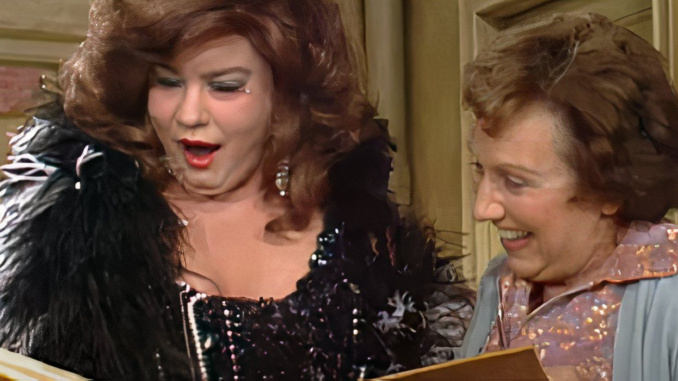
When you think of groundbreaking television, “All in the Family” undoubtedly comes to mind. This iconic sitcom, which aired from 1971 to 1979, not only entertained audiences but also sparked conversations about social issues that were often considered taboo. At the heart of this revolutionary show were the Bunker family, whose dynamics and interactions reflected the complexities of American life. In this article, we’ll take a closer look at the cast of “All in the Family,” explore their characters, and discuss how they changed the landscape of television forever.
The Bunker Family: A Closer Look
Archie Bunker: The Everyman
Archie Bunker, portrayed by the legendary Carroll O’Connor, is perhaps one of the most memorable characters in television history. As the bumbling, often bigoted patriarch of the Bunker family, Archie represented a segment of American society that was resistant to change. His character was a mix of humor and harsh reality, making him both relatable and controversial.
Edith Bunker: The Heart of the Family
Edith Bunker, played by Jean Stapleton, was the loving and often naive wife of Archie. Her character provided a counterbalance to Archie’s harshness, showcasing the importance of compassion and understanding. Edith’s gentle nature and iconic catchphrase, “Stifle yourself, Archie!” became a beloved part of the show.
Gloria Bunker: The Progressive Voice
Gloria, portrayed by Sally Struthers, was the Bunkers’ daughter and a symbol of the changing social landscape of the 1970s. As a young woman navigating her own beliefs and values, Gloria often clashed with her father, providing a voice for the younger generation. Her character highlighted the generational divide and the evolving role of women in society.
Mike Stivic: The Liberal Son-in-Law
Mike, played by Rob Reiner, was Gloria’s husband and a college-educated liberal. His character often served as a foil to Archie, representing progressive ideals and challenging Archie’s outdated views. The dynamic between Mike and Archie provided much of the show’s comedic tension and social commentary.
The Impact of ‘All in the Family’ on Television
Breaking Taboos: Addressing Social Issues
“All in the Family” was groundbreaking in its willingness to tackle controversial topics such as racism, sexism, and the Vietnam War. The show didn’t shy away from difficult conversations, making it a pioneer in addressing social issues through comedy. This approach opened the door for future sitcoms to explore similar themes.
The Birth of the Modern Sitcom
The Bunker family’s interactions set the stage for the modern sitcom format. By blending humor with serious topics, “All in the Family” paved the way for shows like “The Fresh Prince of Bel-Air” and “Roseanne,” which also tackled social issues while maintaining a comedic tone.
Cultural Reflection and Influence
The show reflected the cultural shifts of the 1970s, capturing the essence of a changing America. The Bunkers’ struggles and triumphs resonated with viewers, making them relatable and relevant. The show’s influence can still be seen in contemporary television, where family dynamics and social issues continue to be explored.
Behind the Scenes: The Cast’s Chemistry
Carroll O’Connor and Jean Stapleton: A Dynamic Duo
The chemistry between O’Connor and Stapleton was palpable, bringing authenticity to their roles as Archie and Edith. Their performances were not only comedic but also deeply emotional, allowing viewers to connect with the characters on a personal level.
Sally Struthers and Rob Reiner: The Next Generation
Struthers and Reiner brought a youthful energy to the show, representing the changing attitudes of the younger generation. Their performances added depth to the family dynamic, showcasing the struggles between tradition and progress.
Legacy of ‘All in the Family’
Awards and Recognition
“All in the Family” received numerous awards during its run, including multiple Emmy Awards. The show’s impact on television was recognized with a place in the Television Hall of Fame, solidifying its status as a cultural landmark.a
